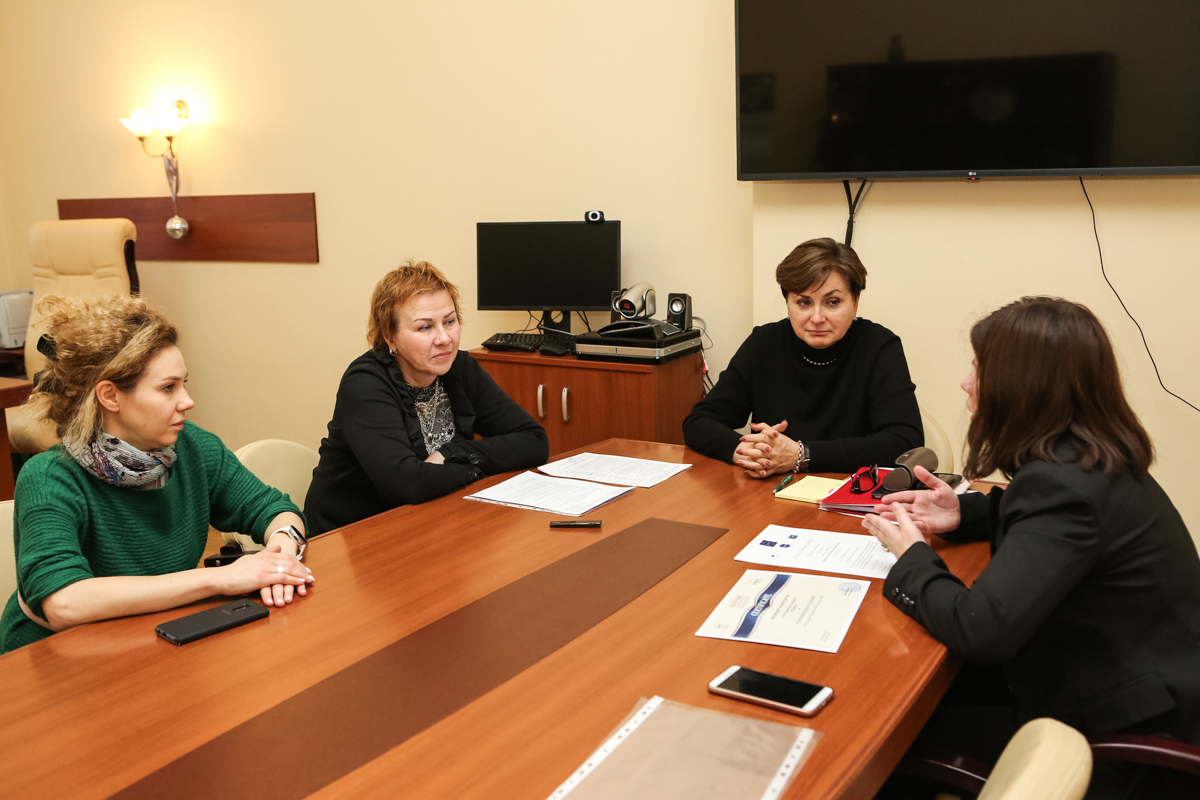Academic programmes of St Petersburg University in the field of chemistry obtain international accreditation

A grand ceremony of awarding certificates of international and professional public accreditation has been held at St Petersburg University. Following the evaluations, four academic programmes in the field of chemistry were accredited by an independent commission.
The bachelor’s and master’s programmes in chemistry were recognised by Russian and foreign experts. These programmes are accredited until 2024. The bachelor’s programme ‘Chemistry, Physics and Mechanics of Materials’ and the doctoral programme ‘Chemistry’ are accredited until 2023.
Erika Soboleva, Director-General of the Agency for Quality Assurance in Higher Education and Career Development (AKKORK), underlined that the joint accreditation of academic programmes by the European Chemistry Thematic Network Association (ECTN) and AKKORK has made it possible to pay attention to both general methodological criteria and professional competencies, which are developed in students of these programmes. In addition to certificates of international accreditation, academic programmes have obtained certificates that award the titles of ‘Chemistry Eurobachelor’, ‘Chemistry Euromaster’ and ‘Chemistry Doctor of Eurolabel’. Starting from 2020, when entering universities in other countries, chemistry students from St Petersburg University will be graded on a par with applicants from these countries, and the same requirements will be imposed on them. A list of universities participating in this programme can be found on the ECTN website. According to Erika Soboleva, this is not only recognition, but also a great responsibility: university students must prove that they have a high level of knowledge. The Director-General of AKKORK also said that the procedure sailed through. However, experts from the European Chemistry Thematic Network Association made some remarks and recommendations.
Marina Lavrikova, Senior Vice-Rector for Academic Activities and Teaching Methods at St Petersburg University, noted that it is difficult to teach modern technologies in Soviet-built buildings, especially in such a demanding field as chemistry. The construction of the new campus will help solve this problem. ‘For St Petersburg, the issue of building a university campus is socially significant,’ said Marina Lavrikova. ‘The academic buildings for chemists in Peterhof were built in the early 1980s. Despite this relatively young age, we understand that it is virtually impossible to create the necessary conditions in them that conform to international standards. To achieve this, they would have to be completely rebuilt. Our experts in a wide variety of fields of study jointly took part in the preparation of the technical design of specifications for the buildings of the future campus. It is not easy to formulate these requirements, and we will need benchmarks in the future. It seems to me that one of them may be the remarks made by the AKKORK and ECTN experts.’ She also added that the University appreciates the opinion of experts in the field of education quality. They give an external vision of our education, and the University takes their recommendations into account in its work.

